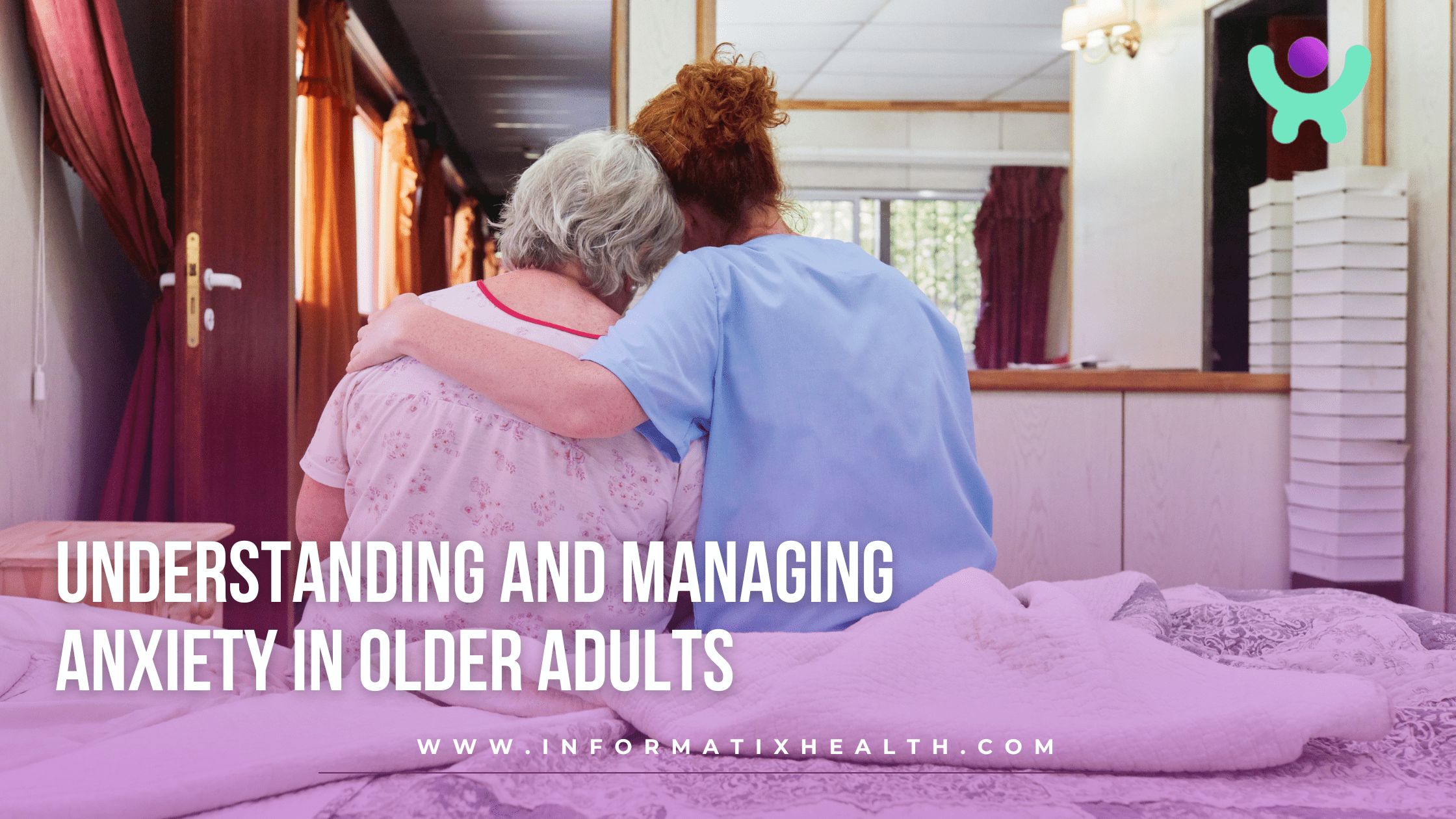As individuals age, they may experience various emotional and psychological changes, one of which can be anxiety. Understanding and managing anxiety in older adults is crucial for their overall well-being and quality of life. Anxiety disorders are common in this demographic, often exacerbated by factors such as health issues, loss of loved ones, and social isolation.
Understanding Anxiety in Older Adults
Anxiety in older adults can manifest in various forms, including generalized anxiety disorder (GAD), panic disorder, social anxiety, and specific phobias. According to the National Institute of Mental Health, about 10% of older adults experience anxiety disorders, which can significantly impact their daily functioning and quality of life.
Several factors contribute to anxiety in older adults:
- Health Issues: Chronic illnesses, medication side effects, and cognitive decline can increase anxiety levels.
- Loss of Independence: Aging often brings about a loss of independence, leading to feelings of helplessness and anxiety.
- Social Isolation: Many older adults face isolation due to retirement, loss of friends, or mobility issues, which can exacerbate feelings of anxiety.
- Fear of Dying: The aging process often brings about an increased awareness of mortality, leading to heightened anxiety about death and dying.
Signs and Symptoms
Recognizing anxiety in older adults can be challenging, as they may not always express their feelings. Common signs include:
- Restlessness or feeling on edge
- Fatigue and difficulty concentrating
- Sleep disturbances
- Physical symptoms such as headaches, stomach issues, or muscle tension
- Avoidance of certain situations due to fear or anxiety
Managing Anxiety in Older Adults
Effective management of anxiety in older adults involves a combination of therapeutic approaches, lifestyle changes, and support systems:
Cognitive-Behavioral Therapy (CBT)
CBT is a widely used therapeutic approach that helps individuals identify and challenge negative thought patterns and behaviors associated with anxiety. Research indicates that CBT can be particularly effective for older adults, as it provides them with practical coping strategies. For example, an older adult experiencing anxiety about health issues may be taught to reframe their thoughts and focus on what they can control.
Medication
In some cases, medication may be necessary to manage anxiety symptoms. Common medications include:
- Selective Serotonin Reuptake Inhibitors (SSRIs): These are often prescribed for anxiety and depression.
- Benzodiazepines: These can provide short-term relief but must be used cautiously due to the risk of dependence.
It’s essential for older adults to work closely with their healthcare providers to find the right medication and dosage, considering their overall health and any other medications they may be taking.
Lifestyle Changes
Encouraging older adults to adopt healthier lifestyle choices can significantly impact their anxiety levels. These changes may include:
- Regular Exercise: Physical activity is known to reduce anxiety and improve mood. Even simple activities like walking can be beneficial.
- Healthy Diet: A balanced diet can help improve overall health and well-being, which may reduce anxiety symptoms.
- Mindfulness and Relaxation Techniques: Practices such as yoga, meditation, and deep breathing exercises can help manage anxiety.
Social Support
Building a strong social support network is vital for older adults. Engaging with family, friends, or community groups can help reduce feelings of isolation and anxiety. Programs such as senior centers or support groups can provide valuable social interaction and emotional support.
Anxiety in older adults is more common than you think, but the right support can make all the difference. Our latest blog explores practical ways to recognize, manage, and reduce anxiety for a happier, healthier life.
Looking for compassionate personal and companion care? Contact us today or call us at 508-388-2020 to see how we can support your loved one’s well-being!


